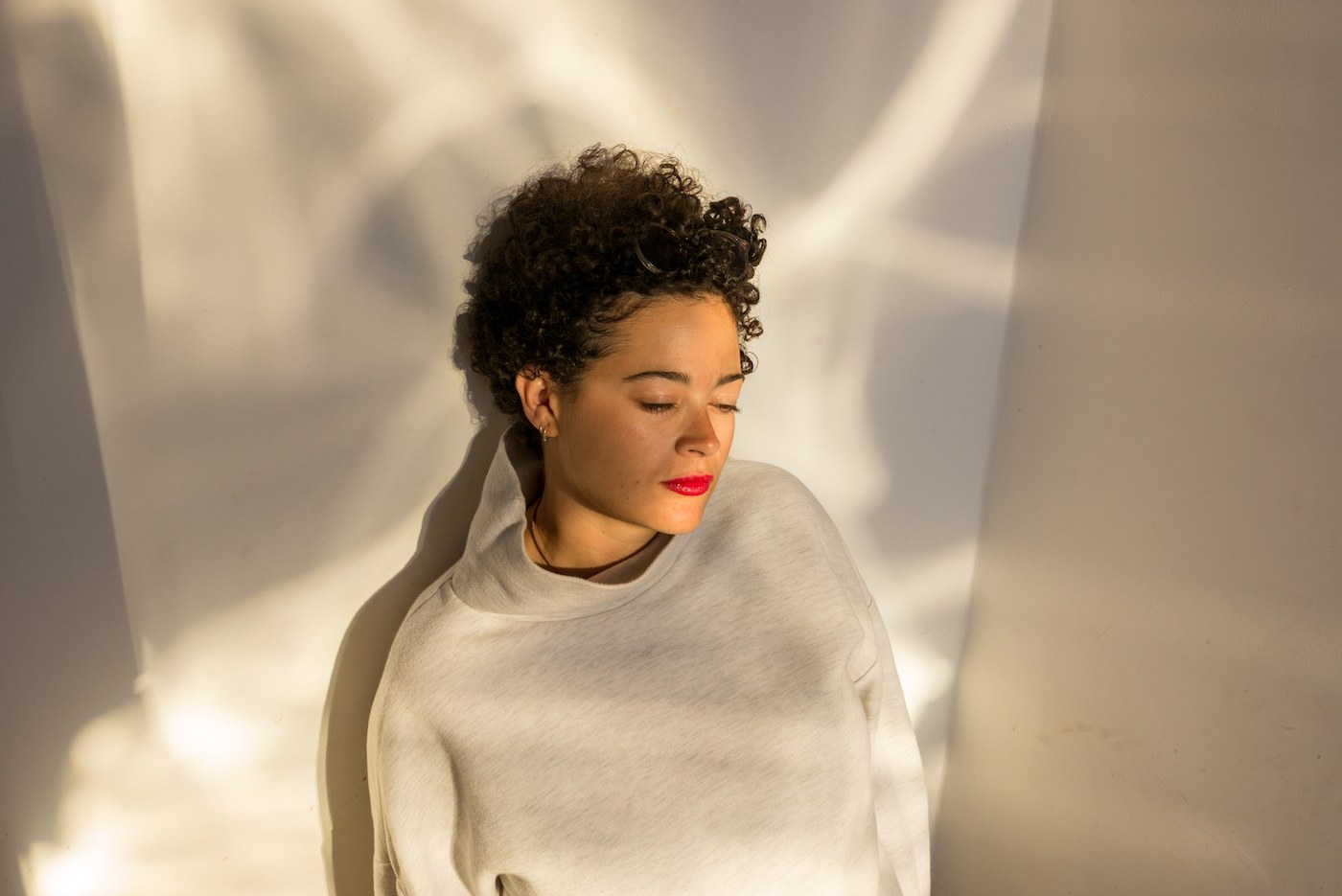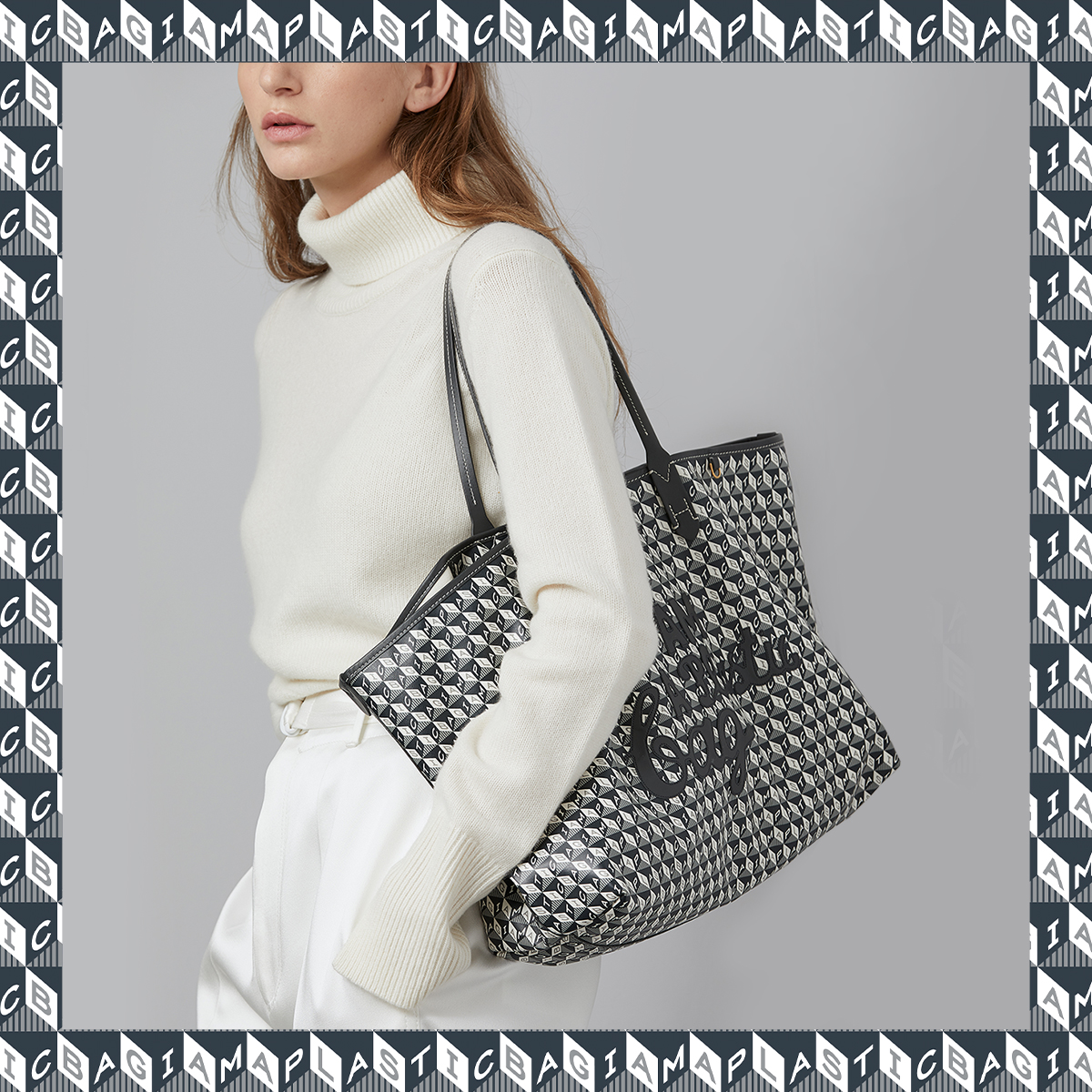
February 01, 2020 at 01:00PM by CWC
Watching the video footage of musician Summer Walker timidly accept her award for Best New Artist at the 2019 Soul Train Music Awards brings me back to my middle school days. In Ms. Turberg’s sixth grade class, I was standing in front of my peers to present a book report when suddenly, it felt like someone hit mute on the room—all I could hear was the loud thudding of my heart. My stomach started doing somersaults in place and my face was burning hot, as if I had a fever. I was completely unaware of the words coming out of my mouth, but I just kept moving my lips until the kids in my class started laughing and my teacher told me I could take a seat.
Like many young Black girls, I didn’t have a name for what had just happened to me. We didn’t talk about mental health at home and I had no understanding of anxiety as a medical condition. Yet these strange symptoms followed me through the years, with different consequences: getting me kicked out of class in high school because the teacher mistook my nervous ticks for mocking, pigeonholing me as the “angry Black woman” in college because I wore my heart on my sleeve, and eventually creating a perception in the office that I was “unfriendly” because I kept to myself and preferred not to attend company outings.
ADVERTISEMENT
ADVERTISEMENTKate Spade Autumn/Winter Sale |
Summer Walker has gone public with her struggles when it comes to social anxiety. At the end of 2019, her team announced that the remainder of her tour would be canceled as a result of the singer’s difficulty with performing in front of large crowds, fear of public speaking, and inability to follow through with fan meet and greets. The internet has not been particularly kind to 23-year-old Walker, with many suggesting that she should have picked a different career if she wasn’t ready for the limelight, while others accuse her of being a fraud for not being able to follow through with the traditional duties of stardom, which involve catering to her fanbase. There has been a notable lack of sympathy for the young singer, for whom fame came quickly.
Perhaps this is because there is little sympathy for Black women who suffer from social anxiety; mental health stigmas and cultural taboos suggest that Black women are impervious to social anxiety and generalized anxiety, when, in fact, the opposite is true. Studies show that African Americans are 20 percent more likely to experience mental health problems than the general population.
ADVERTISEMENT
ADVERTISEMENTSports Direct Free Delivery on All Orders! |
Society is comfortable with an angry Black woman
Social anxiety may not look like the Hollywood stereotype of a faltering voice or nail biting in Black women. According to Jaynay Johnson, marriage and family therapist and author of Dear Teen Self, a book aimed at addressing the mental health in teen girls, anxiety instead presents primarily as anger and attitude.
ADVERTISEMENT |
Black women are generally not “allowed” by society to be vulnerable or display too much emotion; when they do let their feelings show, it’s often regarded as a threat—hence, the trope of the “angry Black woman” was born. Now, the stereotype that Black women are angry is so pervasive, anger and/or aggression feel like safer emotions to portray. (The angry Black woman is familiar, while the anxious, depressed, or traumatized Black woman is unknown and scary.) Therefore, it’s common for Black women and girls to act out anxiety in the form of aggression or anger, emotions that are socially expected and in many cases acceptable to the mainstream. From a young age, this can result in suspensions from school and social isolation.
It’s common for Black women and girls to act out anxiety in the form of aggression or anger, emotions that are socially expected and in many cases acceptable to the mainstream.
Social anxiety is not addressed nearly enough for many Black women
Pervasive mental health stigma and a general lack of knowledge on mental health in marginalized communities causes many women to keep quiet about social anxiety, fearing the labels of “crazy,” “weak,” or “soft.” There is also the issue of limited access to affordable mental health services, which means many individuals go undiagnosed. (Access can be limited by lack of insurance coverage; more than half of uninsured U.S. residents are people of color.)
The tides are certainly changing in the fight for increased mental health awareness in communities of color. With the help of social media, mental health advocates, therapists, and mental health organizations are reaching the screens of more people than ever. Therapy is no longer a taboo word in many millennial circles, and #selfcare has become a worldwide phenomenon. In the words of Angela Neal-Barnett, PhD, professor of psychological sciences and director of the Program for Research on Anxiety Disorders among African Americans at Kent State University: “Slowly, the stigma associated with seeking help for anxiety is disappearing. Women have begun to understand that an anxious Black woman is not crazy, she is simply anxious, and with assistance, can reclaim her life.”
I’m living proof that social anxiety is a condition that can be managed, especially with the right self-care and mental health routines. I’ve gone from stumbling through a sixth-grade presentation to being featured on podcasts, conducting workshops, and doing public speaking engagements on mental health and wellness—things sixth-grade-me never would have thought possible.
No one should judge anyone else for where they are in their journey with anxiety, nor dictate what symptoms one can experience at any given time. Summer Walker should be a reminder that it’s possible to be a famous singer and also be completely terrified by crowds and strangers. We should allow Walker, a young Black woman, the space to be multilayered and complicated. We owe all Black women that right. The symptoms of social anxiety present in Black women throw played-out stereotypes for a loop, because acknowledging the legitimacy of social anxiety as an issue in our society means seeing Black women as both vulnerable and strong at the same time.
Dealing with social anxiety? Here are 6 tips to make it easier to deal with when dating, plus some books that can help.
Author Rowana Abbensetts | Well and Good
Selected by CWC
ADVERTISEMENT

ADVERTISEMENT
Anya Hindmarch - I AM A PLASTIC BAG

ADVERTISEMENT
ADVERTISEMENTUp to 30% off Gift Sets |








